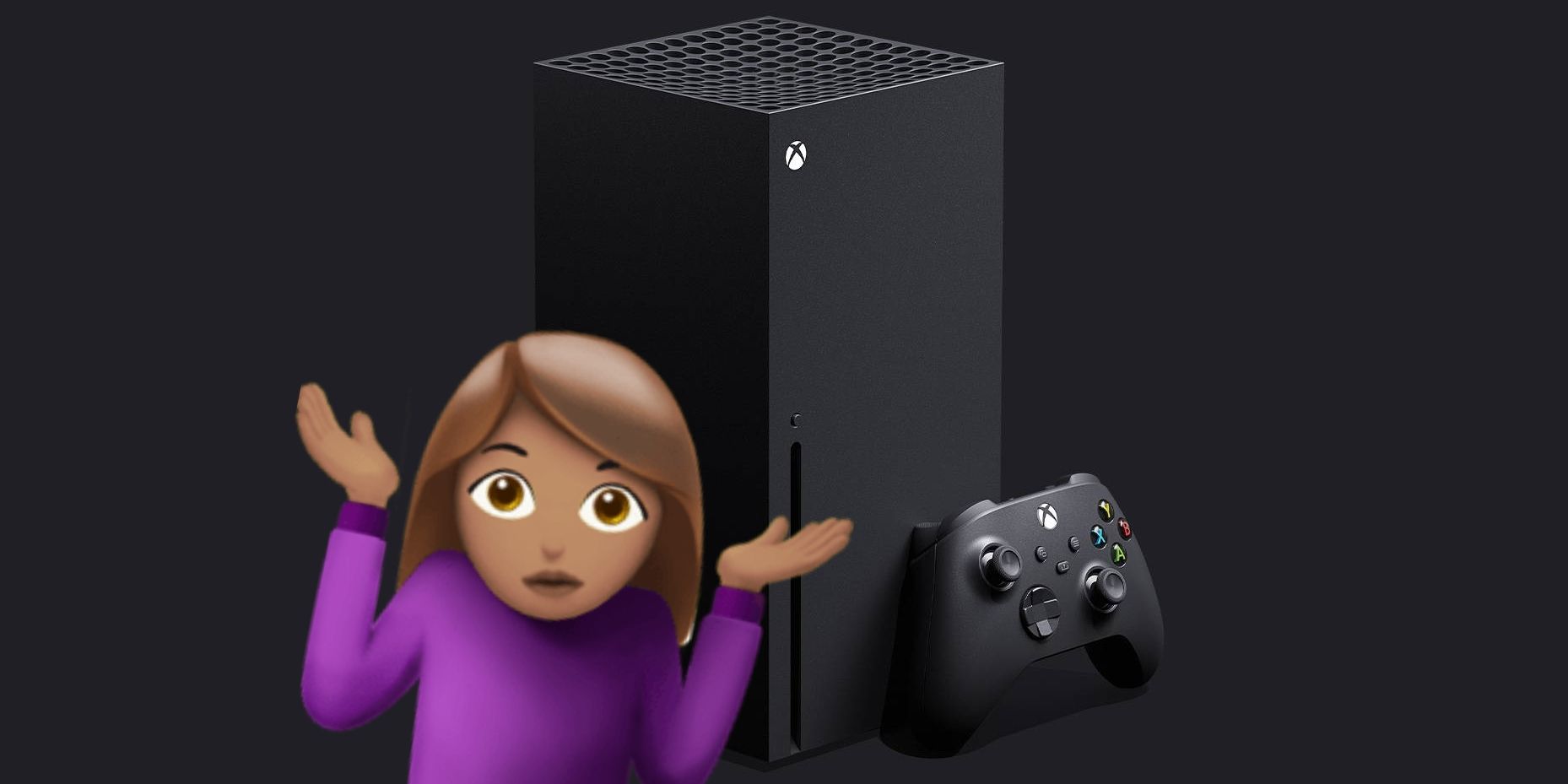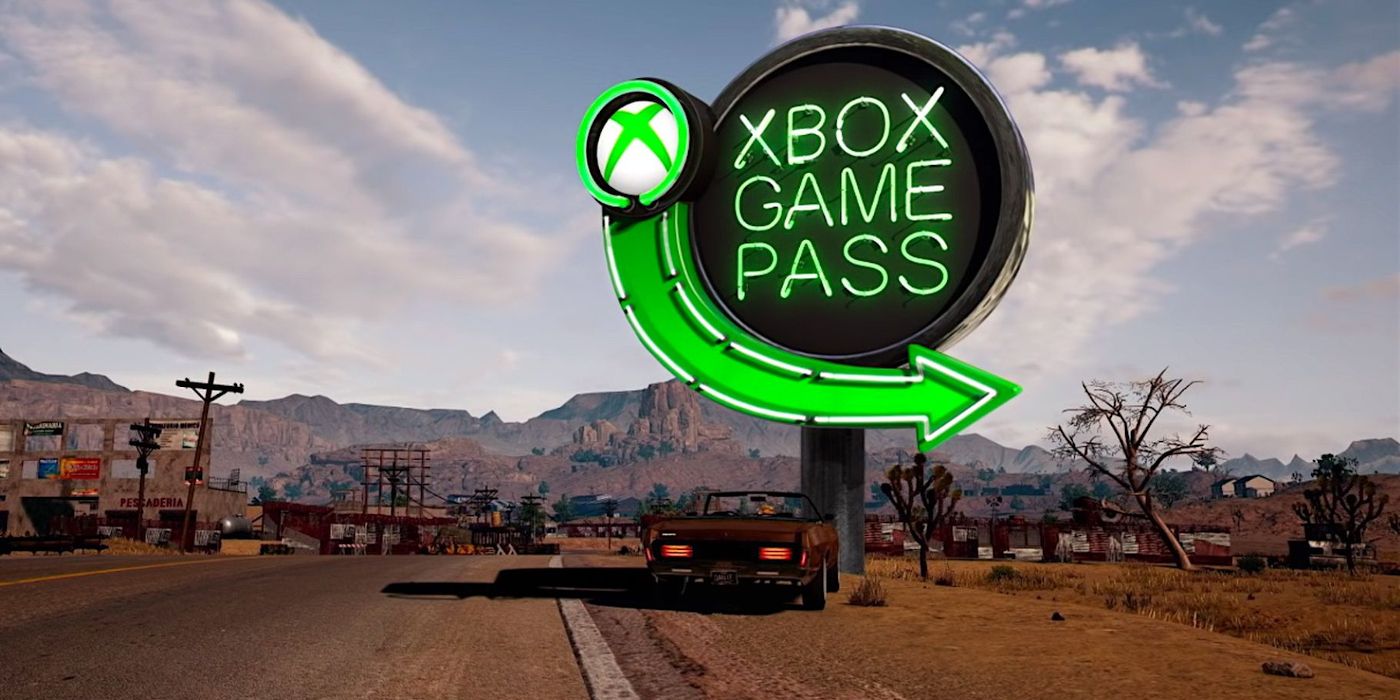
The Xbox Series X is, in theory, Microsoft's answer to Sony's PlayStation 5, but the company seems to by vying for the success of a different platform over its next-gen console: Xbox Game Pass. Xbox's marketing strategy is positioning Game Pass above all else, emphasizing it as the reason to play on a Microsoft console, rather than the systems themselves or the games exclusive to them.
At the Xbox Games Showcase in late July, Microsoft showed off 27 game reveals, updates, and trailers for Xbox One and Series X. While Xbox's exclusive games have generally been less critically acclaimed than PlayStation's, Halo Infinite's long-awaited gameplay reveal promised a return to what made the series great. Even that, however, wasn't enough to impress, as its mediocre graphics caused a largely negative fan reaction.
With other major reveals being relegated to little more than short teaser trailers, no other game did much to improve the showcase's overall impact. Instead, Microsoft relied on the Xbox Games Showcase's true best reveal - the fact that all of it is coming to Xbox Game Pass.

Without a single, universally impressive game announcement to wow fans, Microsoft leaned hard into Game Pass as the selling point for its consoles. The subscription service gives players access to more than 100 games (including third-party ones) for just $10 a month, so it doesn't really matter if any one Xbox exclusive is particularly great. Sure, Halo Infinite may not look so hot, but if the entire game is playable for just $10, why not at least try it out? This attitude also seems to be giving Microsoft-owned developers more freedom to pursue smaller projects. Instead of something like The Last of Us 2, with its massive production values and gritty narrative, Rare and Obsidian can produce colorful multiplayer titles like Sea of Thieves and Grounded. Alone, they won't sell many systems, but add a bunch of these together under one price tag, and Game Pass starts to look fairly compelling.
Microsoft has admitted Xbox Game Pass isn't very profitable, which is hardly surprising, given just how many games it gives subscribers access to. Instead, Game Pass is meant to add value to the Xbox ecosystem. This explains why Game Pass won't come to the Switch or other, non-Xbox consoles. The service itself isn't doing Microsoft much good, but it's finally giving consumers a reason to buy an Xbox over a PlayStation.
The company's reliance on Game Pass appears to be so significant that it's made Xbox downplay the importance of next-gen. Microsoft's next console is just called "Xbox," and many Xbox exclusives will come to both the One and the Series X, blurring the lines between consoles and generations. Perhaps, going forward, what qualifies as an Xbox won't be determined by the box itself, but by the ecosystem. If it's got Game Pass, it's an Xbox, and Microsoft wants fans to be playing on it, no matter its name or hardware.
The Xbox Series X will launch sometime in the 2020 holiday season.
from ScreenRant - Feed https://ift.tt/2C3T81B


0 Comments